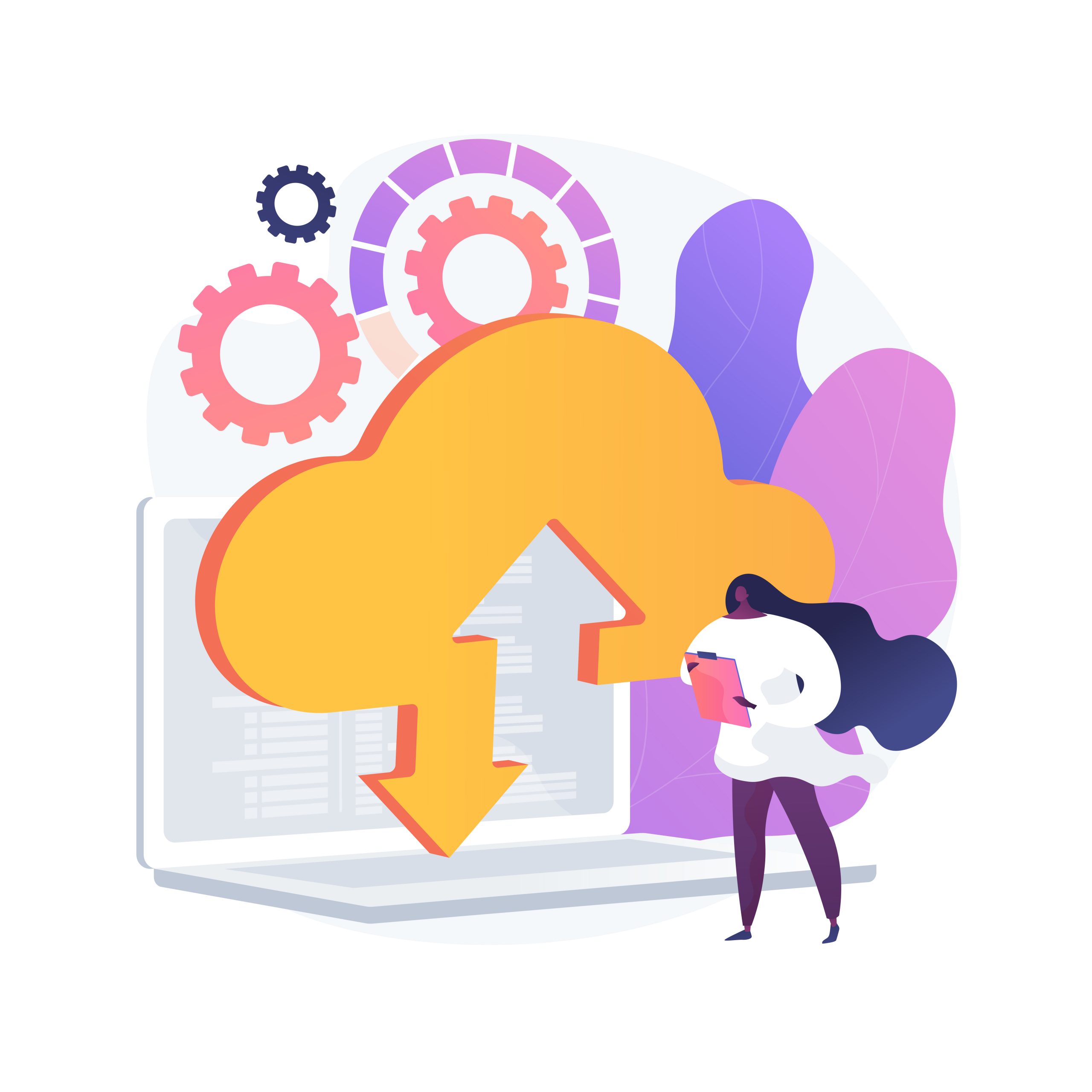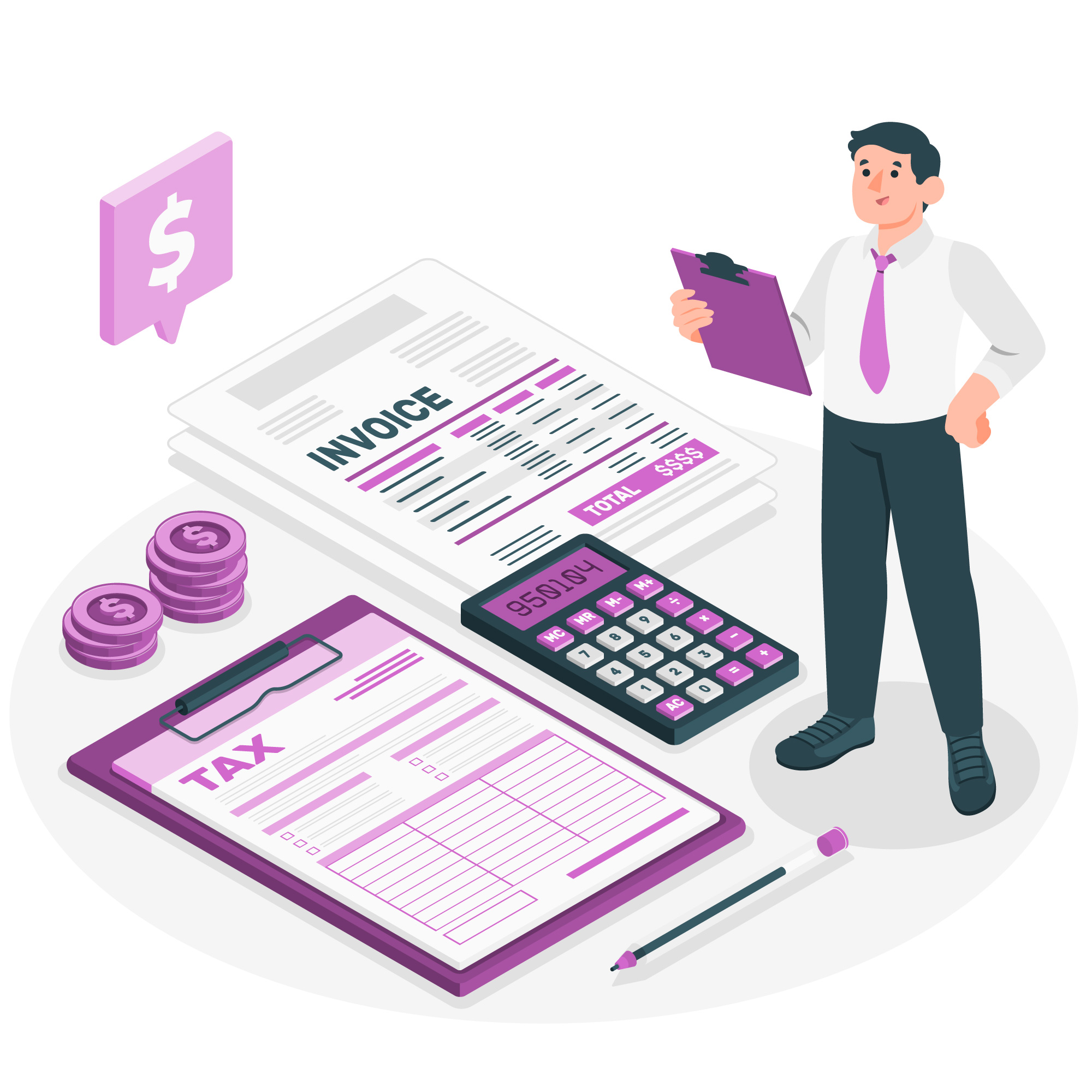Salesforce Data Cloud, formerly known as Salesforce Customer 360 Data Manager, is a data management platform that enables businesses to connect and utilize their data across various Salesforce applications and external systems. It provides a centralized repository where data from different sources can be integrated, analyzed, and leveraged for better decision-making. Salesforce Data Cloud is a powerful tool that allows businesses to manage, integrate, and analyze their data in a unified environment. With the growing complexity of data management.
Key Features of Salesforce Data Cloud:
- Unified Data Model: Combines data from various sources into a single view.
- Real Time Data Integration: Salesforce Data Cloud allows for the seamless integration of data from multiple sources, including CRM systems, marketing automation platforms, and external databases.
- Data Enrichment: By leveraging third-party data providers, Salesforce Data Cloud enables organizations to enrich their existing data with additional insights, such as demographic information, firmographic data, and behavioral patterns.
- Advanced Analytics: Provides tools for data analysis and visualization.
- Data Synchronization: Salesforce Data Cloud ensures that data remains updated and synchronized across various systems, eliminating discrepancies and ensuring data consistency.
- Data Governance: With robust security measures and compliance protocols in place, Salesforce Data Cloud prioritizes data privacy and protection, ensuring that sensitive information is always safeguarded.
- AI-Powered Insights: Leverages Salesforce Einstein for predictive analytics.
Phases of Salesforce Data Cloud:
1. Data Ingestion
The first phase involves collecting data from various sources, such as CRM systems, marketing platforms, social media, and databases. Salesforce Data Cloud supports multiple ingestion methods, including:
- Batch Processing: Suitable for large volumes of data processed periodically.
- Real-Time Streaming: Ideal for real-time data updates, ensuring that businesses have access to the latest information.
- APIs: Allows integration with third-party applications seamlessly.
Usage Example: A retail company can ingest customer data from its e-commerce platform, in-store transactions, and social media interactions to create a comprehensive customer profile.
2. Data Integration
Once data is ingested, the next step is integration. Salesforce Data Cloud utilizes a unified data model to harmonize data from various sources. This phase involves:
- Data Mapping: Aligning data fields from different sources.
- Data Transformation: Cleaning and enriching data to ensure consistency and accuracy.
Usage Example: A financial institution can integrate customer data from different branches and online services, providing a 360-degree view of each customer’s financial activities.
3. Data Storage
Salesforce Data Cloud provides a scalable storage solution that can handle vast amounts of data. The storage is designed for performance and reliability, ensuring quick access to information. Key aspects include:
- Secure Data Storage: Protects sensitive information with robust security measures.
- Flexible Data Structures: Supports structured, semi-structured, and unstructured data.
Usage Example: A healthcare provider can store patient records, treatment histories, and research data securely, facilitating better patient care and research initiatives.
4. Data Governance
Data governance is critical for maintaining data quality and compliance. Salesforce Data Cloud offers tools to establish governance frameworks, including:
- Data Quality Management: Tools for cleansing, validating, and monitoring data quality.
- Access Controls: Ensures that only authorized personnel can access sensitive information.
Usage Example: A pharmaceutical company can implement strict data governance to ensure compliance with industry regulations while managing clinical trial data.
5. Data Analysis
After the data is integrated and stored, businesses can leverage advanced analytics tools for insights. Salesforce Data Cloud enables:
- Dashboards and Reports: Visualize data through customizable dashboards and reports.
- Predictive Analytics: Use machine learning models to forecast trends and behaviors.
Usage Example: A marketing team can analyze campaign performance and customer behavior to optimize future marketing strategies.
6. Data Activation
The final phase involves using insights gained from data analysis to drive business decisions. This includes:
- Personalized Marketing: Tailoring campaigns based on customer data.
- Operational Improvements: Streamlining processes based on insights gathered from data.
Usage Example: An online service provider can use insights to deliver personalized content recommendations, enhancing customer engagement.
Common Use Cases of Salesforce Data Cloud:
1. Personalized Marketing Campaigns: By leveraging Salesforce Data Cloud, organizations can create targeted marketing campaigns by segmenting and targeting specific audience segments based on enriched data insights.
2. Customer Relationship Management: Salesforce Data Cloud enhances the effectiveness of CRM systems by providing a comprehensive view of customer data, enabling personalized interactions and improved customer engagement.
3. Sales Forecasting and Planning: With access to enriched data sets and real-time insights, businesses can optimize their sales forecasting strategies, identify opportunities, and drive revenue growth.
4. Data-driven Decision Making: Salesforce Data Cloud empowers organizations to make data-driven decisions by providing access to accurate, up-to-date information, enabling informed business strategies and initiatives.
Conclusion
Salesforce Data Cloud empowers organizations to transform their data into actionable insights, improving decision-making and operational efficiency. By following the phases of data ingestion, integration, storage, governance, analysis, and activation, businesses can leverage their data to stay competitive in a rapidly evolving market. As organizations continue to adopt data-driven strategies, Salesforce Data Cloud will play a crucial role in unlocking the full potential of their data assets.
Salesforce Data Cloud represents a paradigm shift in data management and analytics, offering organizations a comprehensive solution for integrating, enriching, and synchronizing data across disparate sources. By harnessing the power of Salesforce Data Cloud, businesses can unlock new opportunities, drive innovation, and gain a competitive edge in today’s data-driven landscape.
Whether you are a small business looking to optimize your data management or a large enterprise aiming for a comprehensive data strategy, Salesforce Data Cloud provides the tools and capabilities needed to thrive in today’s data-centric world.




